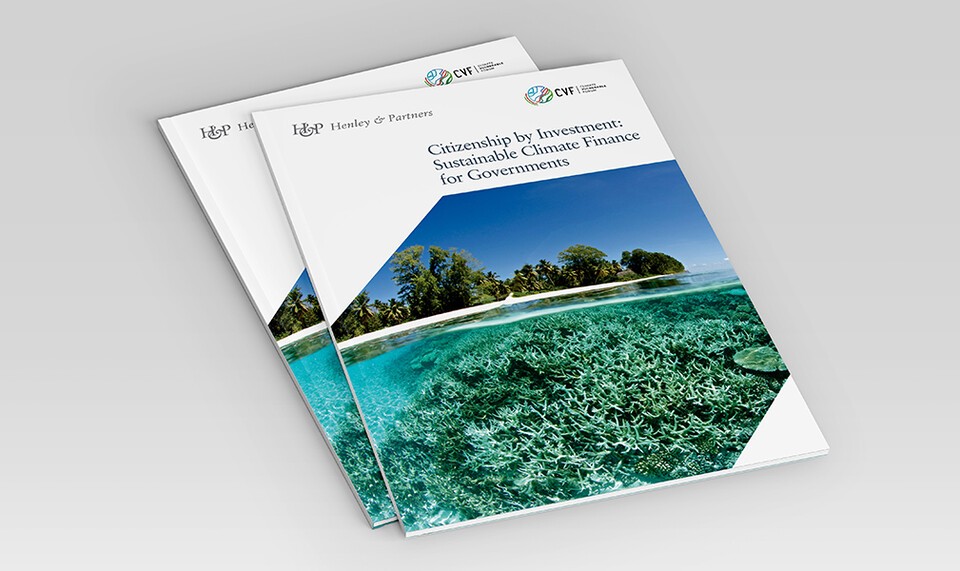The warning has been raised that climate-vulnerable countries are unable to secure funds for survival. A report released by the Climate Vulnerable Forum (CVF) and global investment consulting firm Henley & Partners points to a lack of funding for urgent climate action and presents investment immigration programs as an alternative solution.
CVF is an international organization comprised of 70 climate-vulnerable countries representing 1.75 billion people, or 20% of the world’s population. These countries account for only 6% of global carbon emissions but suffer the most severe consequences of climate change. CVF highlights that $500 billion annually is needed by 2030 for climate response, development, and conservation efforts, yet international climate finance support remains inadequate.
Mohamed Nasheed, CVF Secretary-General and former President of the Maldives, stated, “While wealthy countries delay climate response and funding, countries on the front line are fighting for survival.” He emphasized, “Over the past 20 years, climate-vulnerable nations have suffered a 20% loss in potential GDP growth due to climate change and cannot rely solely on the charity of developed nations.”

The report suggests utilizing investment immigration to solve the problem of difficult funding within the existing international financial system for climate-vulnerable countries. Based on its experience of attracting over $15 billion in foreign direct investment, Henley & Partners argues that investment-based residency and citizenship programs could be an alternative to boosting climate resilience.
Nauru has recently introduced the world’s first climate-related citizenship-by-investment program. David W.R. Adep, the President of Nauru, stated, “Our program funds projects that enhance climate resilience, such as coastal protection, modern water resource management, and sustainable food production.”
Small Island Developing States (SIDS) contribute less than 1% of the world’s carbon emissions but have suffered $153 billion in climate-related damages over the past 50 years. These countries face a shortage of $34 billion annually for climate adaptation funds, and more than 70% exceed sustainable debt levels due to financial burdens. Damage from climate disasters has increased by 90% between 2011 and 2022.
Jürg Steffen, CEO of Henley & Partners, stated, “Mobilizing international investment can provide funding for climate resilience projects without incurring debt.” He explained, “It’s a way to offer the financial lifeline needed for vulnerable countries, while allowing investors to directly contribute to global climate action.”
The report proposes the Investment Migration Resilience Fund (IMRF) as a method for funding climate resilience through investment immigration programs. The IMRF is designed to use private capital for climate resilience programs without increasing national debt, and it suggests securing sustainable income through initiatives like coastal protection, carbon offset initiatives, and blue economy expansion, in connection with the Natural Capital Fund Trust.
Sara Jane Ahmed, a financial advisor to the CVF’s V20 Finance Ministers Group, said, “Climate-vulnerable countries have long been required to adapt and overcome,” and stressed, “Now, substantial financial support is needed. The world must not only help countries facing a climate crisis but also create new markets, strengthen economies, and build a shared future.”